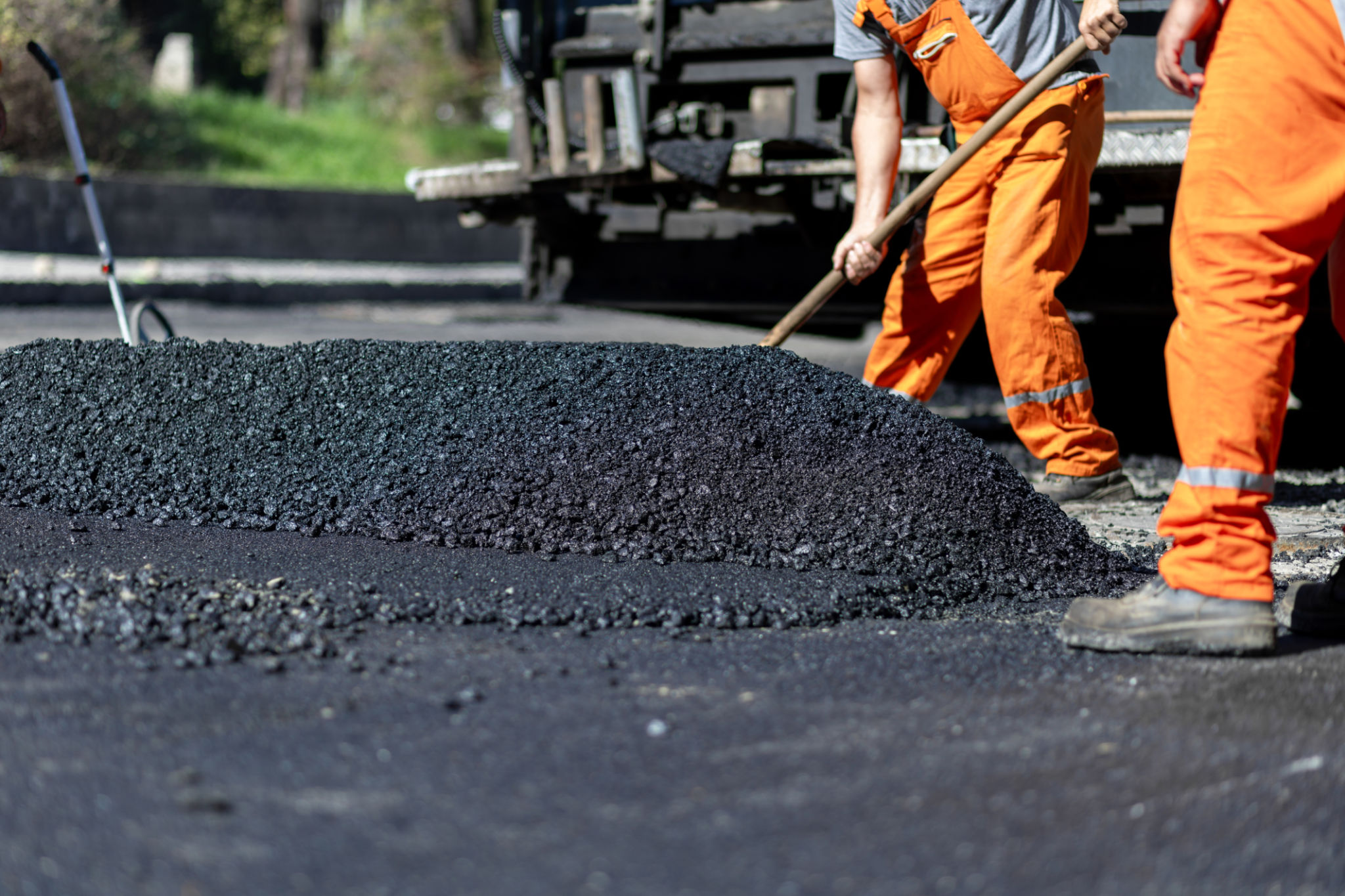Comparing Asphalt vs. Concrete: Which is Best for Your Hannibal Property?
Introduction to Asphalt and Concrete
When considering paving options for your Hannibal property, two materials typically come to mind: asphalt and concrete. Both have their unique advantages and potential drawbacks, making the decision complex. Understanding the differences can help you choose the best material for your specific needs.

Durability and Longevity
Durability is a critical factor when selecting paving materials. Concrete is known for its long lifespan, often lasting 30 to 40 years with proper maintenance. Its rigid structure makes it less prone to deformation. On the other hand, asphalt generally has a shorter lifespan, about 20 years, but can be extended with regular maintenance such as seal coating.
Asphalt is more flexible than concrete, which can be beneficial in areas with significant temperature fluctuations. This flexibility allows asphalt to expand and contract without cracking as easily as concrete might under similar conditions.
Cost Considerations
Initial cost is often a major consideration for property owners. Asphalt is typically more affordable upfront compared to concrete. Installation costs are lower, making it a popular choice for large areas or projects with a tight budget. However, long-term maintenance costs can add up, as asphalt requires more frequent upkeep.
Concrete, while more expensive initially, may save you money over time due to its durability and lower maintenance needs. The choice between these materials might depend on whether you value short-term savings or long-term investments.

Maintenance and Repair
Maintenance requirements differ significantly between asphalt and concrete. Asphalt surfaces need regular sealing every few years to maintain their appearance and prevent damage from the elements. Potholes can be easily filled, making repairs quick and relatively inexpensive.
In contrast, concrete surfaces require less frequent maintenance but are more challenging to repair when damaged. Cracks in concrete can be unsightly and are harder to fix seamlessly. However, when maintained properly, concrete can remain in excellent condition for decades.
Aesthetic Considerations
The aesthetic appeal of your paving choice can impact the overall appearance of your property. Asphalt's dark color provides a sleek, modern look that many property owners find attractive. Its smooth surface is ideal for driveways and parking lots.

Concrete offers more versatility in terms of color and texture options. It can be stained or stamped to mimic other materials like stone or brick, allowing for a customized look that enhances your property's curb appeal.
Environmental Impact
Environmental considerations are increasingly important for many property owners. Asphalt is recyclable and can be reused in future paving projects, reducing waste. However, its production process releases more greenhouse gases compared to concrete.
Concrete reflects more light due to its lighter color, which can help reduce heat absorption and mitigate urban heat island effects. While its production also has environmental impacts, ongoing innovations are making it a more sustainable option over time.
Conclusion: Making Your Choice
When deciding between asphalt and concrete for your Hannibal property, consider factors like budget, maintenance willingness, aesthetic preferences, and environmental concerns. Each material has its strengths and weaknesses, so the best choice will depend on your specific priorities and project requirements.
By weighing these factors carefully, you'll be well-equipped to select the ideal paving solution that meets both your immediate needs and long-term goals.
